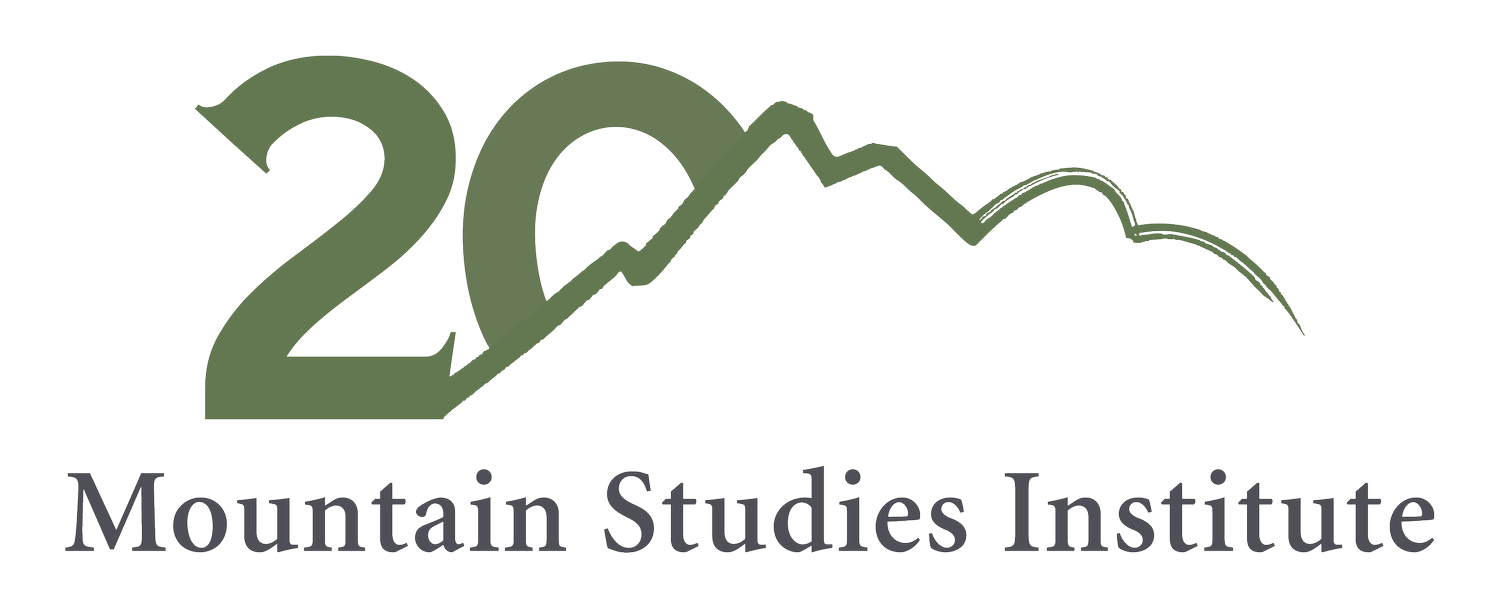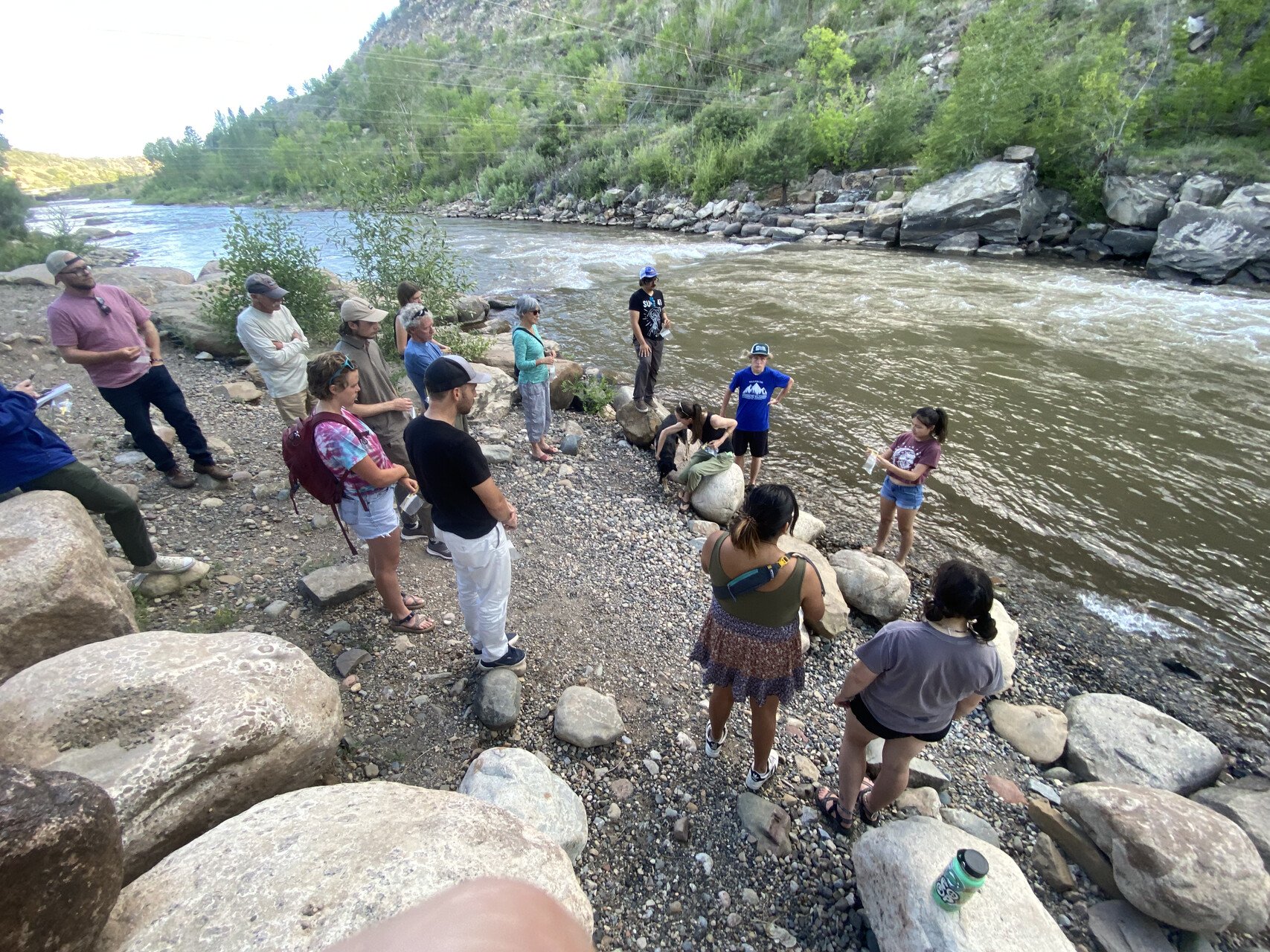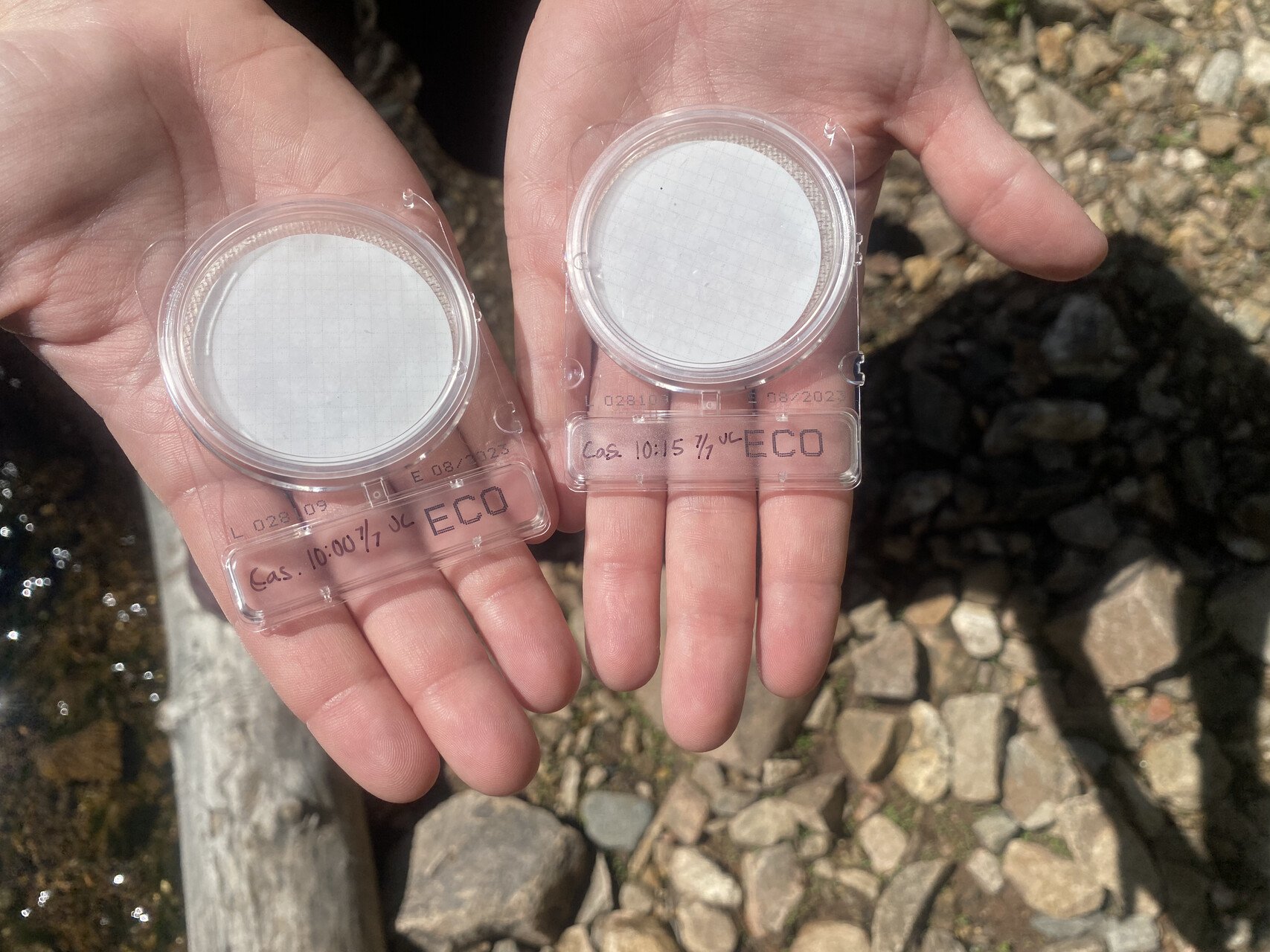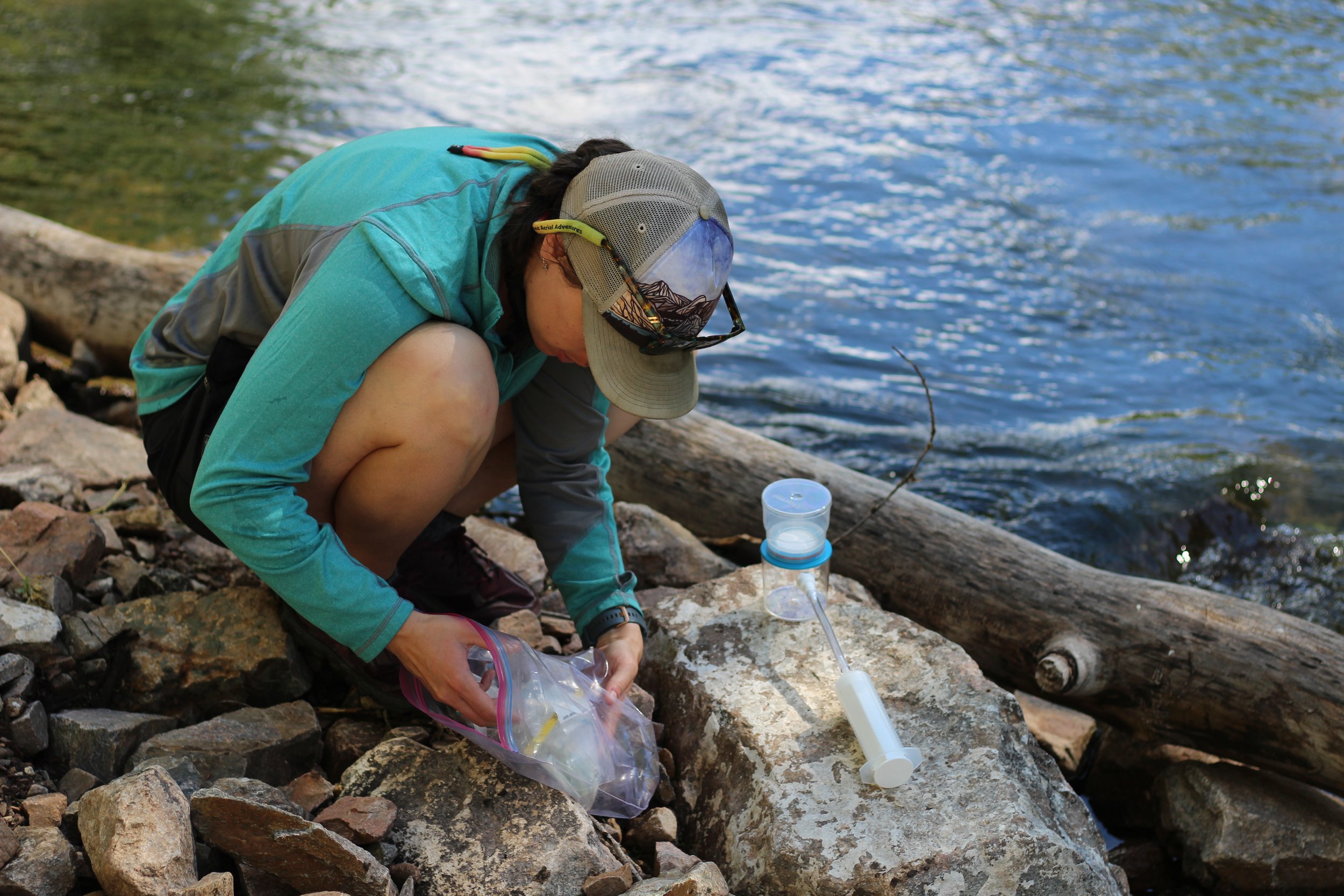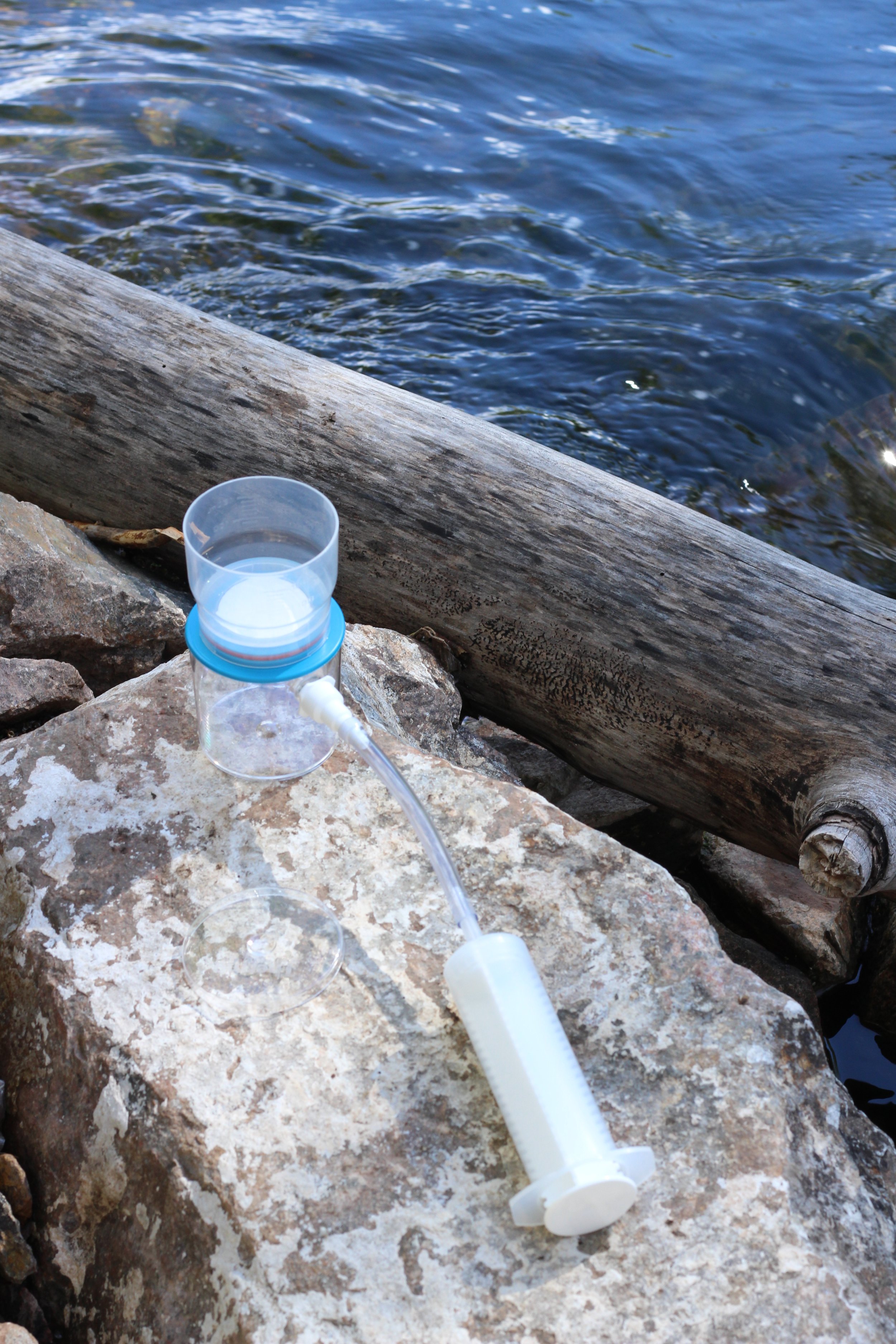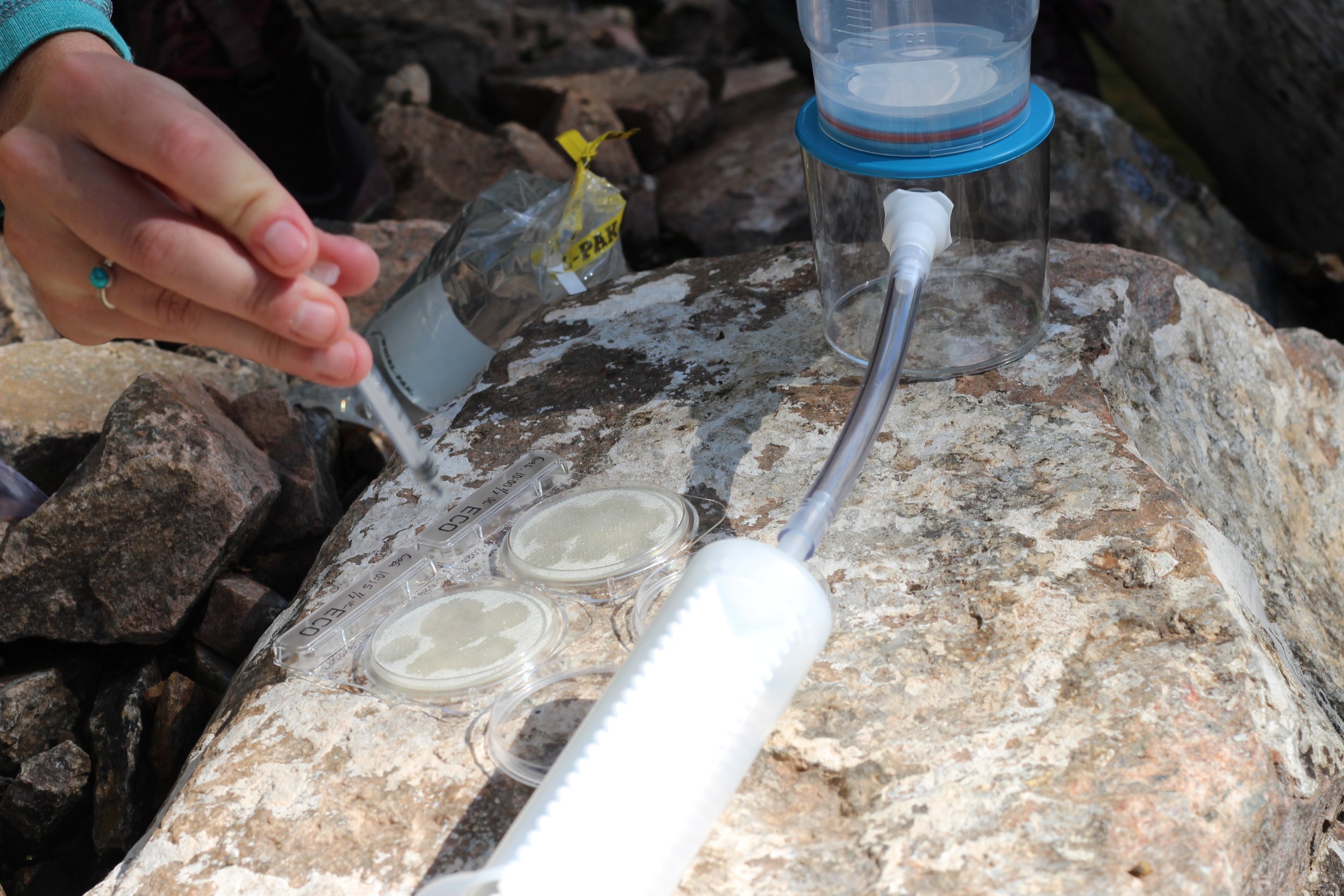The San Juan Stewardship Project: Among the many impacts of the coronavirus pandemic, public lands throughout the San Juan Mountains experienced an overwhelming increase in visitation and backcountry use in 2020. Growing numbers of visitors to San Juan County are impacting fragile watersheds, irreplaceable high-alpine tundra, and forests already suffering from drought. The San Juan County Public Lands Stewardship and Visitor Education Project (San Juan Stewardship Project) endeavors to protect and conserve local public lands and watersheds that are faced with unprecedented pressure during the pandemic, a multi-tiered, data-driven approach was launched to engage visitors with this unique and beautiful landscape. This San Juan Stewardship Project is a unique collaboration between conservationists, scientists, law enforcement, and land managers. Each entity brought complementary expertise to the effort, providing a comprehensive approach to stewarding the San Juan Mountains. You can read the 2021 report HERE.
MSI is partnering with Fort Lewis College and the US Forest Service for the second year of E.coli monitoring in our alpine waterways and we need your help.
Why measure E.coli levels? E.coli is an indicator of fecal matter. Since 2020, visitation and trail use has increased dramatically, as much tripling in some areas like Ice Lakes Basin. We want to understand how humans are impacting the water, and to use this data to teach people about the importance of proper waste management. Furthermore, domestic sheep graze in the alpine, and we are interested in their impact on our watersheds.
Who can help? Anyone can help. No prior experience is required. Volunteer training will provide you with all you need to know.
When? We will collect samples during four different date ranges and volunteers can sign up for 1-3 of these events. We will also try to opportunistically collect samples after rain events. Since these cannot be scheduled, we will reach out to everyone at those times to see who is available, so even if you can’t make one of the four scheduled events, you might be able to sample after a rain storm.
Map of sampling locations with average E.coli maximum.
Scheduled Sample Dates
July 25-28
August 19-23
Sept 9-12
How do I start? Our volunteer training is on July 19th from 6:00 – 7:30 PM. If you can’t make it to training this year, that’s okay! It’s not too late to participate so please contact cassidy@mountainstudies.org if you’re still interested.
Many thanks to all the volunteers and organizers who have made this possible!
